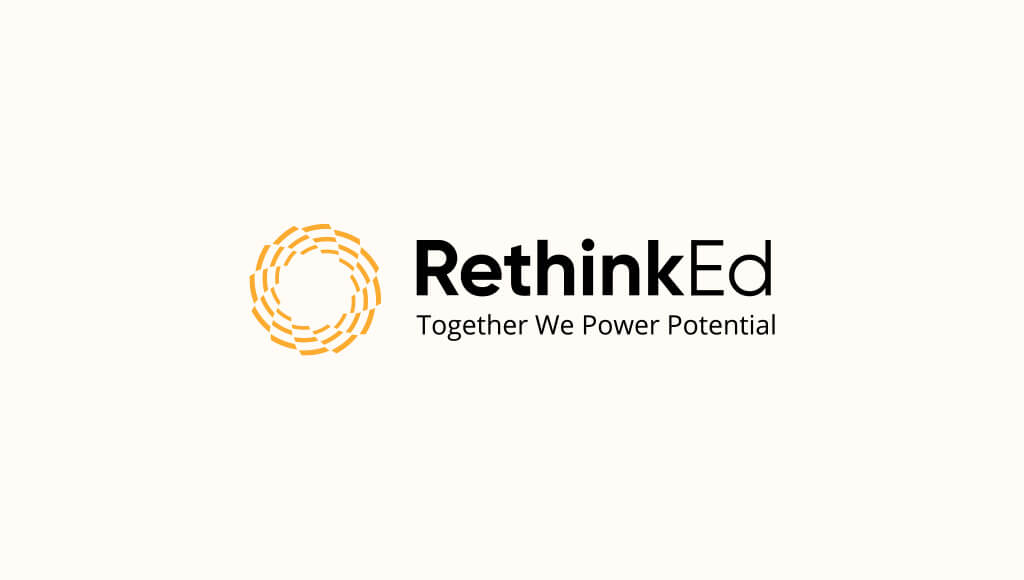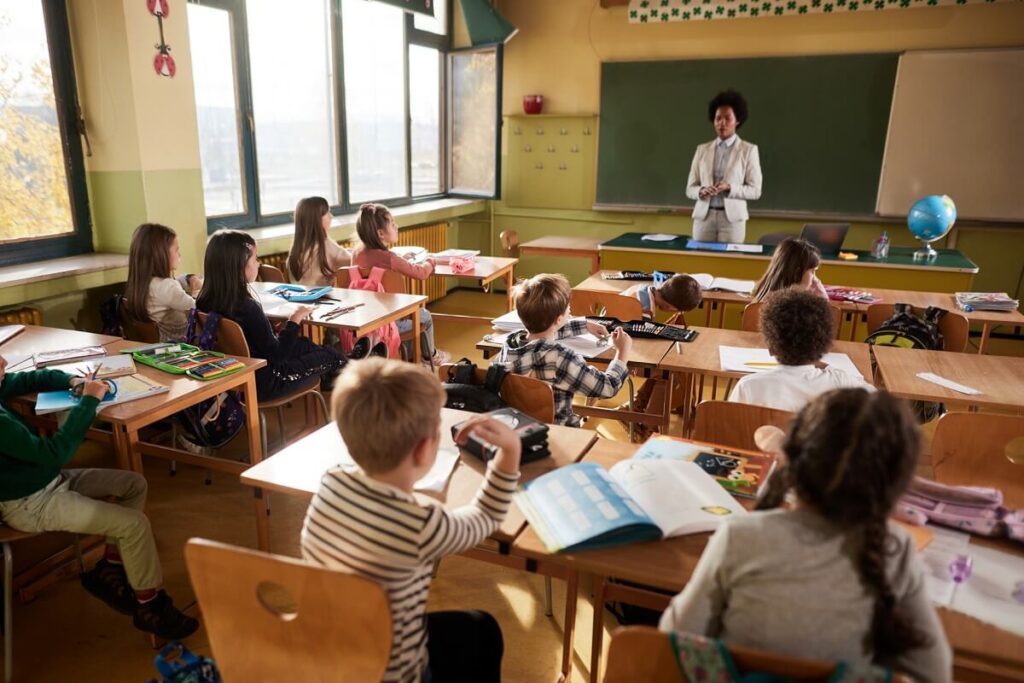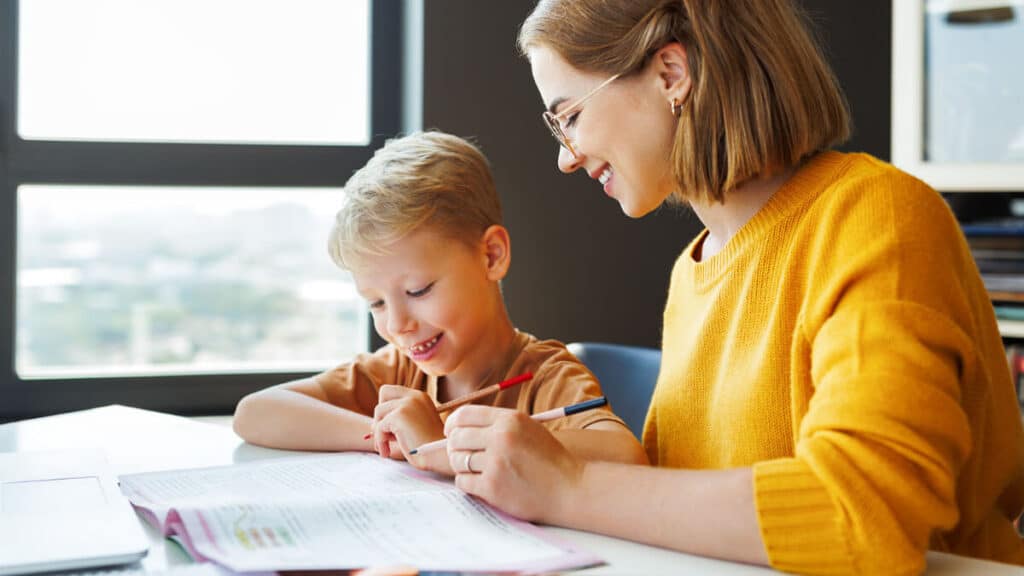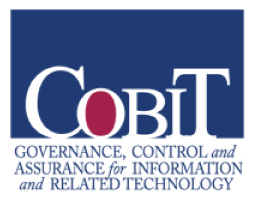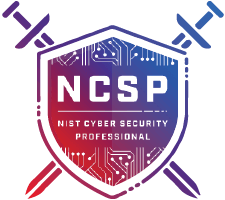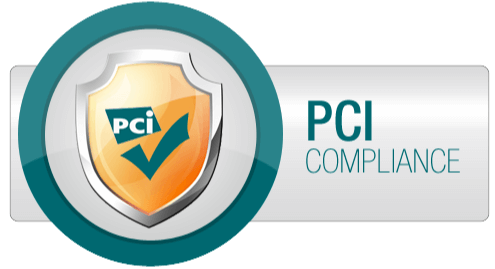In today’s world, we are required to think and act quickly and efficiently. We are exposed to massive amounts of information and are expected to communicate well, work effectively, and act responsibly. Learning these skills in school paves the path to a productive, healthy adulthood. To better prepare students for independence, college, employment, and healthy relationships, it’s important to think beyond academic outcomes. Students who have good health and good relationships are far more likely to succeed in school, and succeed after graduation. Focusing on the whole student leads to better outcomes. While this is important for all students, it is even more essential for students with disabilities.
Special education students need a safe and inclusive environment that provides appropriate accommodations and encourages growth. Their diverse needs in areas such as: communication, behavior, safety, social interactions, health, and cognitive/academics, must be supported. Focus should be placed on their strengths and their contributions to the group, rather than on their disability. This whole-student approach requires all those interacting with the student to be engaged in promoting positive outcomes; this is not just teachers- it is the entire village.
To truly serve the whole student, everyone needs to be on board including educators, school support personnel such as bus drivers and school safety officers, administrators/leadership, families, and community members. Collaboration, communication, and consistency are the 3 key ingredients for the whole-student approach.

To promote collaboration, communication, and consistency with all the student’s support team, it is important to provide professional learning for everyone that interacts with that student. Training can be brief and inexpensive but it’s essential that everyone, including other students, have access to basic training about awareness, understanding, and interactions with students with disabilities. Research supports the fact that improving awareness in others (adults and other students) can improve safety, interactions, and outcomes for students with disabilities. RethinkEd understands this need and is developing a comprehensive online training series to provide disability awareness training for the whole village. Training modules will be available for School Support Personnel such as bus drivers, cafeteria and playground professionals, school safety officers, and school office staff. Training will also be available for educators, peers, administrators, family members (including siblings), and introductory modules for community members or anyone wishing to have some basic understanding of students with disabilities. These modules will cover the needs of students and all of the people that support them to reach their highest level of success. The training series is time and cost efficient and provides flexibility via online videos.
Visit our Professional Development Diversity & Inclusion page for more information on our training series or contact us at info@rethinked.com.
